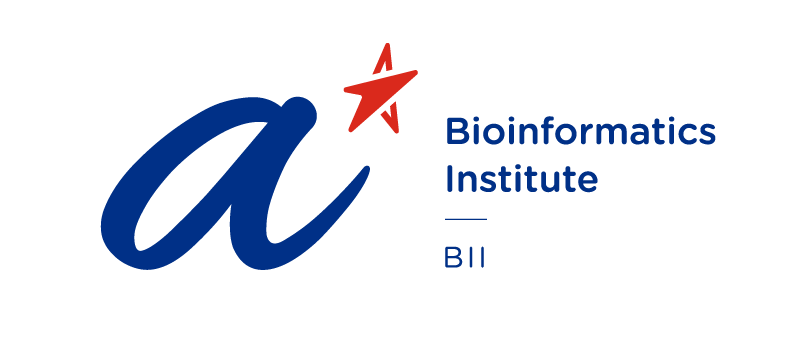Lim HH
Disrupting the Dok3–Card9 Interaction with Synthetic Peptides Enhances Antifungal Effector Functions of Human Neutrophils
neutrophils; antifungal immunity; Dok3; Card9; interference peptide
ReadDOK3 promotes atopic dermatitis by enabling the phosphatase PP4C to inhibit the T cell signaling mediator CARD11
Atopic dermatitis (a type of eczema) is an itchy and painful inflammatory skin disorder of unknown cause, which is associated with decreased function of T cell signaling mediator CARD11 in some patients. Loh et al. found that a scaffolding protein may contribute to CARD11 repression and increased severity of atopic dermatitis symptoms in mice. The scaffolding protein DOK3, which was abundant in patient blood cells and bound strongly to patient-derived CARD11 variants, recruited the phosphatase PP4C to CARD11, functionally inactivating it and impairing T cell regulation. Reducing DOK3 abundance alleviated the symptoms in a mouse model of atopic dermatitis. Thus, the strength of the DOK3-CARD11 interaction may predict symptom severity in atopic dermatitis patients.
ReadConformational landscape of the epidermal growth factor receptor kinase reveals a mutant specific allosteric pocket
Activating mutations within the epidermal growth factor receptor (EGFR) kinase domain give rise to several cancers including Non-Small Cell Lung Cancer (NSCLC). Small molecule inhibitors targeted at these mutants have proven to be clinically successful drugs. These molecules are ATP competitive and rapidly result in the emergence of resistance.
Read